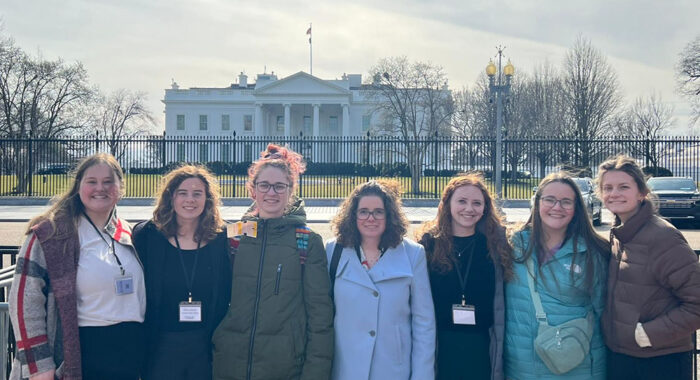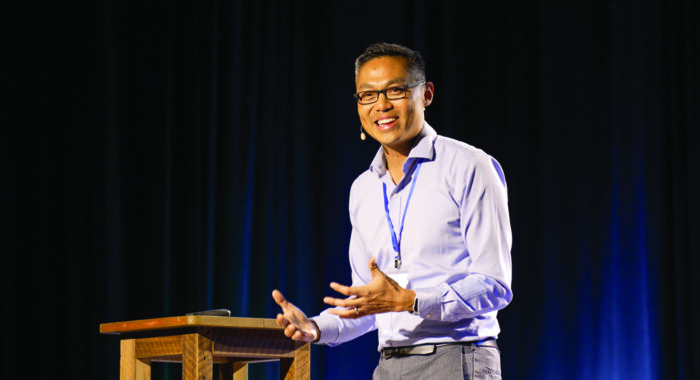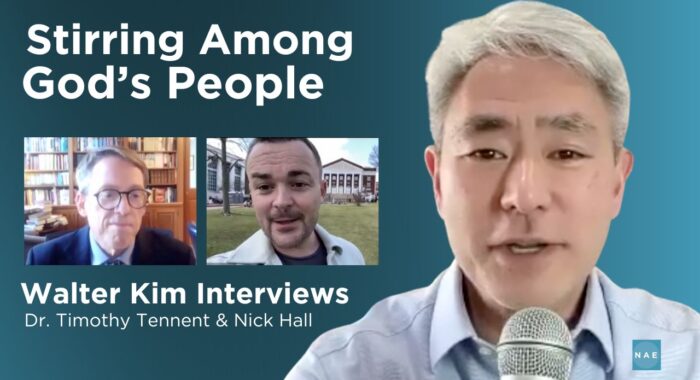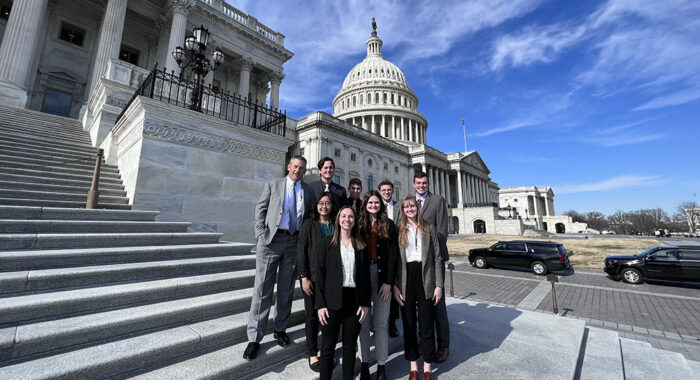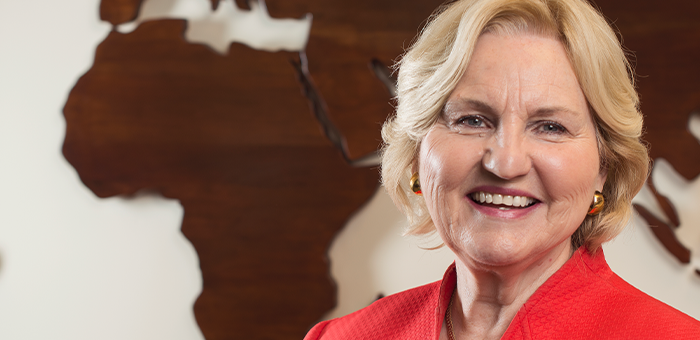
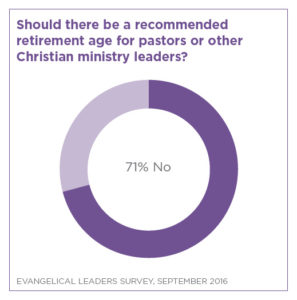
George Wood, general superintendent of Assemblies of God, said, “My most productive years have been since I turned 65. Ministry should not be assessed by biological chronology, but where the individual is still learning, growing and fruitful.”
A few leaders suggested that more thought should be put into tools that can help pastors and churches assess the appropriate time for pastors to consider retirement.
Dana Allin, synod executive for ECO: A Covenant Order of Evangelical Presbyterians, said, “Churches sometimes rely on a ‘retirement age’ to have people leave who are no longer effective. They use this rule so they don’t have to hurt people’s feelings. The better option is to assess effectiveness and help people move on who are not effective regardless of age.”
Many evangelical leaders, such as Philip Ryken, president of Wheaton College, stressed the importance of succession plans and mentoring of younger ministry leaders. “The right age to retire varies from person to person and church to church. However, every ministry should have a succession plan, including a God-honoring way for the people of God to determine whether a leader should continue to serve in a leadership role.”
Of the nearly 30 percent of leaders who would recommend a retirement age, many noted that a recommended retirement age could be helpful in planning for a ministry transition and that the recommended age would not be required.
“Leaders may still have a role after retirement, but setting a recommended retirement age will help ensure a healthy succession plan,” said Noel Castellanos, president of the Christian Community Development Association.
The Evangelical Leaders Survey is a monthly poll of the Board of Directors of the National Association of Evangelicals. They include the CEOs of denominations and representatives of a broad array of evangelical organizations including missions, universities, publishers and churches.



 View All Surveys
View All Surveys 



